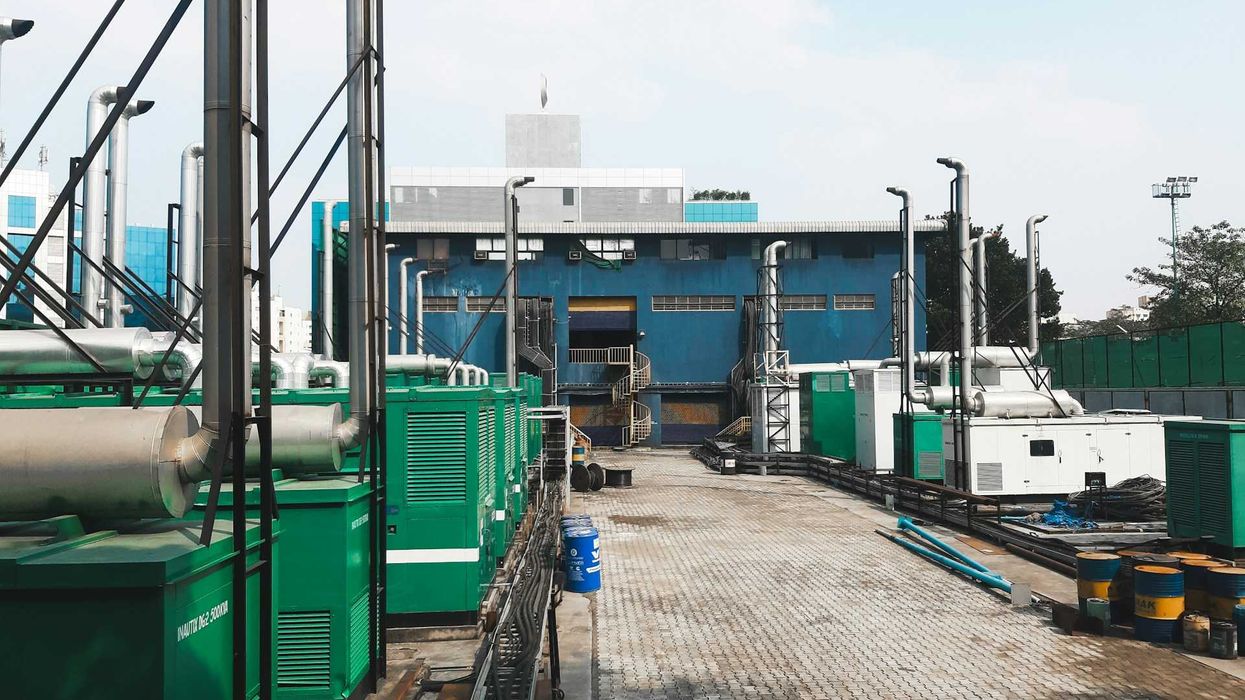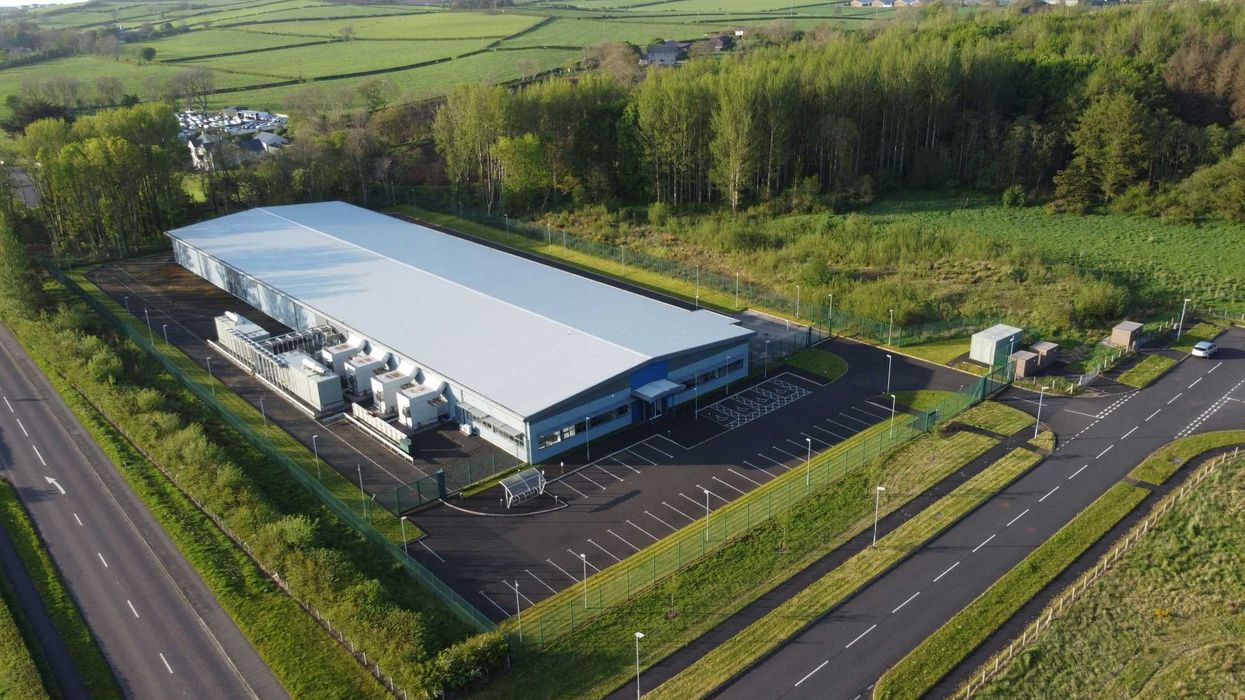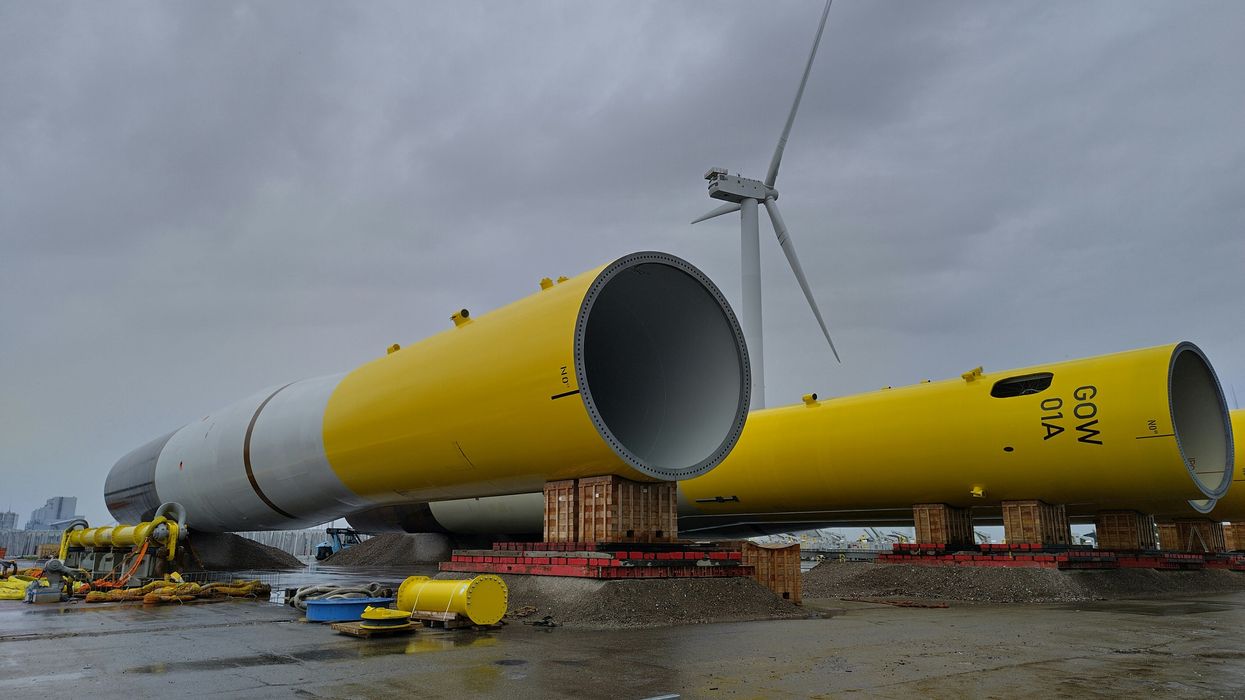As concerns over lithium’s environmental and social costs grow, sodium-ion batteries are emerging as a potential alternative, especially for large-scale energy storage.
Sarah Raza reports for The Washington Post.
In short:
- Sodium-ion batteries, using common materials like sodium and iron, are cheaper to produce and have less environmental impact than lithium-ion batteries, which rely on rare metals.
- Natron Energy plans to open a major sodium-ion battery factory in North Carolina, although the technology is still less energy-dense and heavier than lithium-based batteries.
- Experts believe sodium-ion batteries are better suited for grid storage than mobile applications like electric vehicles or smartphones.
Key quote:
“Our product can have millions of cycles, where lithium-ion would have three to five thousand cycles and wear out a lot faster.”
— Wendell Brooks, co-CEO of Natron Energy
Why this matters:
Sodium-ion batteries could address the environmental toll of lithium mining while offering a stable, cost-effective solution for large-scale energy storage. While less efficient for compact devices, their durability and lower costs make them an appealing alternative for renewable energy grids.
Learn more: Lithium batteries pose environmental threat due to toxic chemicals














